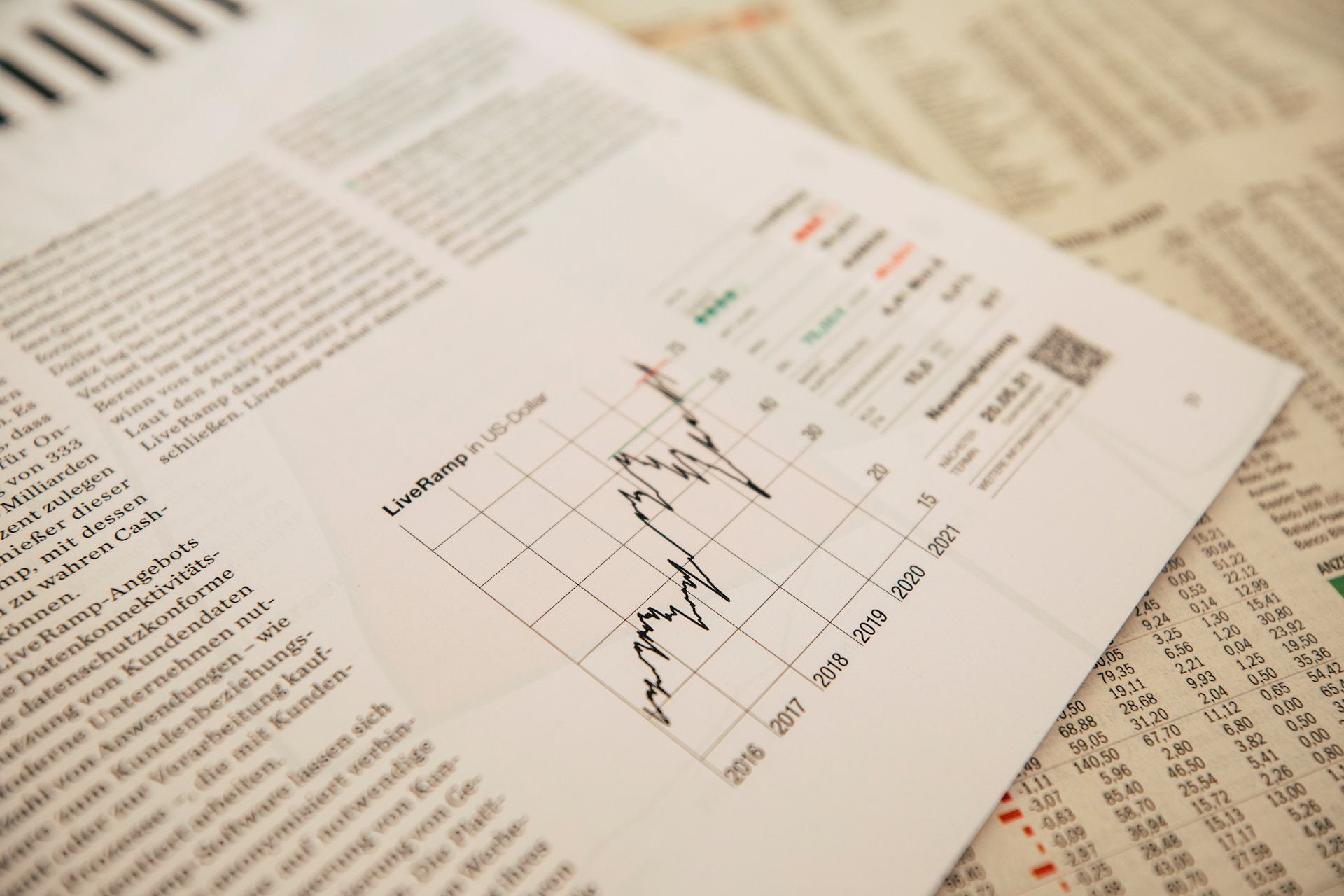Contents
Introduction
What is Markt Cap Investing in the stock market can be a complex and challenging endeavor. To make informed investment decisions, one must understand various financial metrics and indicators that provide insights into a company’s financial health and potential for growth. One such metric that plays a crucial role in investment analysis is Market Capitalization, often referred to as Market Cap.
Definition of Market Cap
Market Capitalization, or Market Cap for short, is a financial metric that represents the total value of a publicly-traded company’s outstanding shares of stock. It is calculated by multiplying the current market price of a single share by the total number of outstanding shares. In essence, Market Cap provides a snapshot of a company’s worth in the eyes of the stock market.
Importance of Market Cap in Investing
Understanding Market Cap is essential for investors because it helps them categorize and evaluate companies based on their size and growth potential. Market Cap is often used to classify stocks into three main categories:
Market Cap Basics
Formula and Calculation
To calculate Market Cap, you can use the following formula:
This formula provides a straightforward way to determine the market value of a company.
Categories of Market Cap
- Large-Cap Large-Cap companies typically have a Market Cap of over $10 billion. These are often well-established, stable companies with a long track record of success. They tend to be less volatile and are considered safer investments.
- Mid-Cap Mid-Cap companies have a Market Cap between $2 billion and $10 billion. They are often seen as a middle ground between large-cap stability and small-cap growth potential.
- Small-Cap Small-Cap companies have a Market Cap of under $2 billion. They are usually younger companies with higher growth potential but also higher risk due to their size and volatility.
Historical Significance
Market Cap has historical significance as it has been used for decades to classify companies and assess their performance. Investors and analysts rely on this metric to make informed decisions.
Significance of Market Cap
Market Cap and Stock Price
Market Cap can influence a company’s stock price. For example, if a company’s stock price increases significantly, its Market Cap will also rise, indicating increased investor confidence.
Market Cap and Company Size
A company’s Market Cap reflects its size in the stock market. Large-Cap companies are often well-established giants, while Small-Cap companies are relatively small players.
Market Cap and Investment Strategy
Growth Investing
Investors looking for rapid growth often turn to Small-Cap and Mid-Cap stocks, as these have the potential for substantial appreciation in value.
Value Investing
Value investors, on the other hand, may seek out Large-Cap stocks that are undervalued, hoping for long-term gains as the market recognizes their true worth.
Factors Affecting Market Cap
Earnings and Profits
A company’s financial performance, including earnings and profits, can significantly impact its Market Cap. Strong earnings growth often leads to a higher Market Cap.
Market Sentiment
Investor sentiment can influence Market Cap as well. Positive news and optimism about a company’s future prospects can drive up its stock price and Market Cap.
Economic Conditions
Market Cap is also affected by broader economic conditions. During economic downturns, many companies may experience a decrease in Market Cap due to reduced investor confidence.
Market Cap and Sector Analysis
Sector-Based Differences
Different sectors of the economy can exhibit varying Market Cap trends. For example, technology companies often have higher Market Caps than companies in the consumer goods sector.
Case Studies on Sector Influence
Examining real-world case studies can provide valuable insights into how Market Cap operates within specific sectors.


